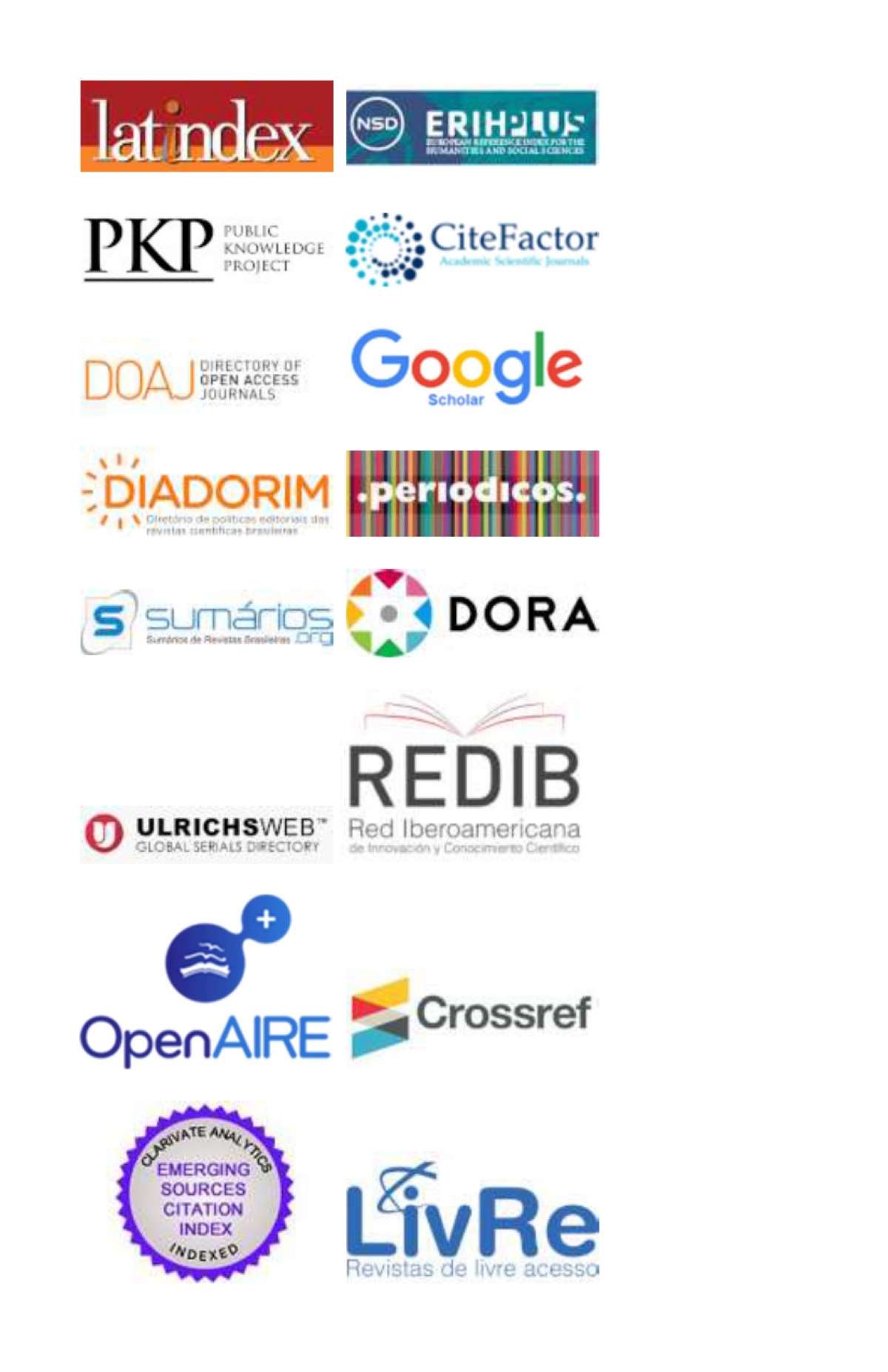DESAFIOS JURÍDICOS TRAZIDOS PELA CRESCENTE DIGITALIZAÇÃO DOS PAGAMENTOS
UMA ANÁLISE SOB O PRISMA CONCORRENCIAL
DOI:
https://doi.org/10.21783/rei.v9i2.768Keywords:
Sistema de Pagamentos Brasileiro, Regulação, Concorrência, DigitalizaçãoAbstract
This paper adresses the evolution of payment systems in a context of growing digitalisation. By analyzing the supporting infrastructures and the relations established between payments intermediaries, it investigates how payment systems have evolved balancing private interests and concerns with the notion that the systems well functioning is a public good that deserves regulatory protection. This paper also examines how the current regulatory framework aims to provide the proper balance between fostering competition in the payment sector with securing other fundamental regulatory objectives such as safety, integrity and confiability. In its final part, it discusses technological innovations that have the potential to promote deep transformations in the payment industry, by creating new business models, changing market structures, allowing the entrance of new participants and opening new competition spaces to increase the sector efficiency.
Downloads
References
BANCO CENTRAL DO BRASIL. Evolução de meios digitais para a realização de transações de pagamento no Brasil (Boxe 7). Relatório de Economia Bancária, 2022.
BANCO DE COMPENSAÇÕES INTERNACIONAIS. Tokenisation – another major leap for the monetary system?, Discurso proferido por Hyun Song Shin na Reunião Geral Anual, 25 de junho de 2023.
BANCO DE COMPENSAÇÕES INTERNACIONAIS. The Quest for Speed in Payments. BECH, Morten; SHIMIZU, Yuuki; WONG, Paul. BIS Quarterly Review, Março de 2017.
CHENG, Jess; TORREGROSSA, Joseph. Legal interoperability and retail CBDCs: taming the multiverse of (payments) madness. European System of Central Banks (ESCB) Legal Conference 2022, pp. 102-116.
CHIU, Iris H-Y. A New Era in Fintech Payment Innovations? A Perspective from the Institutions and Regulation of Payment Systems. Law, Innovation and Technology, V. 9:2, 2017, pp. 190-234.
COMITÊ DE PAGAMENTOS E INFRAESTRUTURAS DE MERCADO. Banco de Compensações Internacionais. Digital Payments make gains but cash remains, CPMI Brief nº 1, janeiro de 2023.
COMITÊ DE PAGAMENTOS E SISTEMAS DE COMPENSAÇÃO; COMITÊ TÉCNICO DA ORGANIZAÇÃO INTERNACIONAL DAS COMISSÕES DE VALORES. Princípios para Infraestruturas do Mercado Financeiro, 2012.
CONSELHO DE ESTABILIDADE FINANCEIRA. Enhancing Cross-Border Payments. Stage 1 Report to the G20: Technical Background Report, Abril de 2020.
FERRAN, Eilis; HICKMAN, Eleanore. Evolution in Financial Market Infrastructure Governance. Social Science Research Network Papers. 18 de janeiro de 2022. Disponível em: https://papers.ssrn.com/sol3/papers.cfm?abstract_id=4011746
GEVA, Benjamin. Cryptocurrencies and the Evolution of Banking, Money and Payments. In: BRUMMER, Chris (ed.). Cryptoassets Legal, Regulatory and Monetary Perspectives, Oxford University Press, 2019, pp.11-38.
HEDMAN, Jonas; HENNINGSSON, Stefan. Competition and Collaboration Shaping the Digital Payment Infrastructure. ICEC '12: 14ª Conferência Internacional sobre Comércio Eletrônico (ICEC). Agosto de 2012, pp. 178–185.
HELLWIG, Guilherme Centenaro. Internacionalização Regulatória no Sistema Financeiro Nacional. Rio de Janeiro: Lumen Juris, 2019.
KAHN, Charles M.; ROBERDS, Willian. Why pay? An introduction to payments economics. Journal of Financial Intermediation, 18 (2009), pp. 1-23.
MANIFF, Jesse Leigh; MARSH, W. Blake. Banking on Distributed Ledger Technology: Can It Help Banks Address Financial Inclusion?, Federal Reserve Bank of Kansas City Economic Review (2017)
PEREIRA NETO, Caio Mario da Silva, e PRADO FILHO, José Inácio Ferraz de Almeida. Espaços e Interfaces entre Regulação e Defesa da Concorrência: a posição do CADE. Revista Direito GV, São Paulo, V. 12, N. 1, 13-48, jan-abr 2016.
Downloads
Published
How to Cite
Issue
Section
License
Copyright (c) 2023 Guilherme Centenaro Hellwig

This work is licensed under a Creative Commons Attribution-NonCommercial 4.0 International License.
The authors hold their copyright and concede to the JOURNAL OF INSTITUTIONAL STUDIES the right to the first publication, in accordance with the Creative Commons Attribution license.
Authors are strongly encouraged to publish their manuscripts in other medias, such as institutional repositories and personal pages. The Journal only requires the credits of the first publication.






